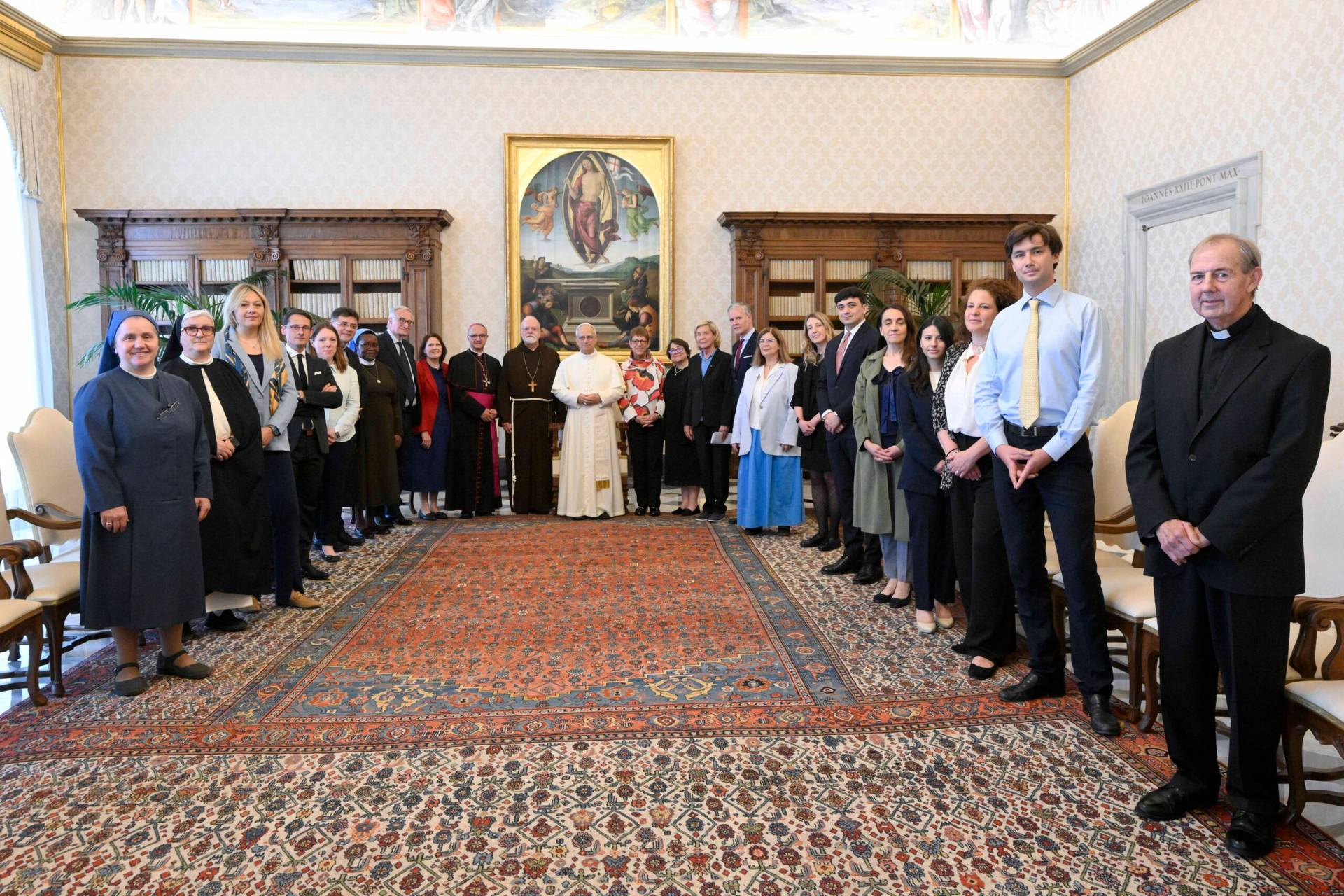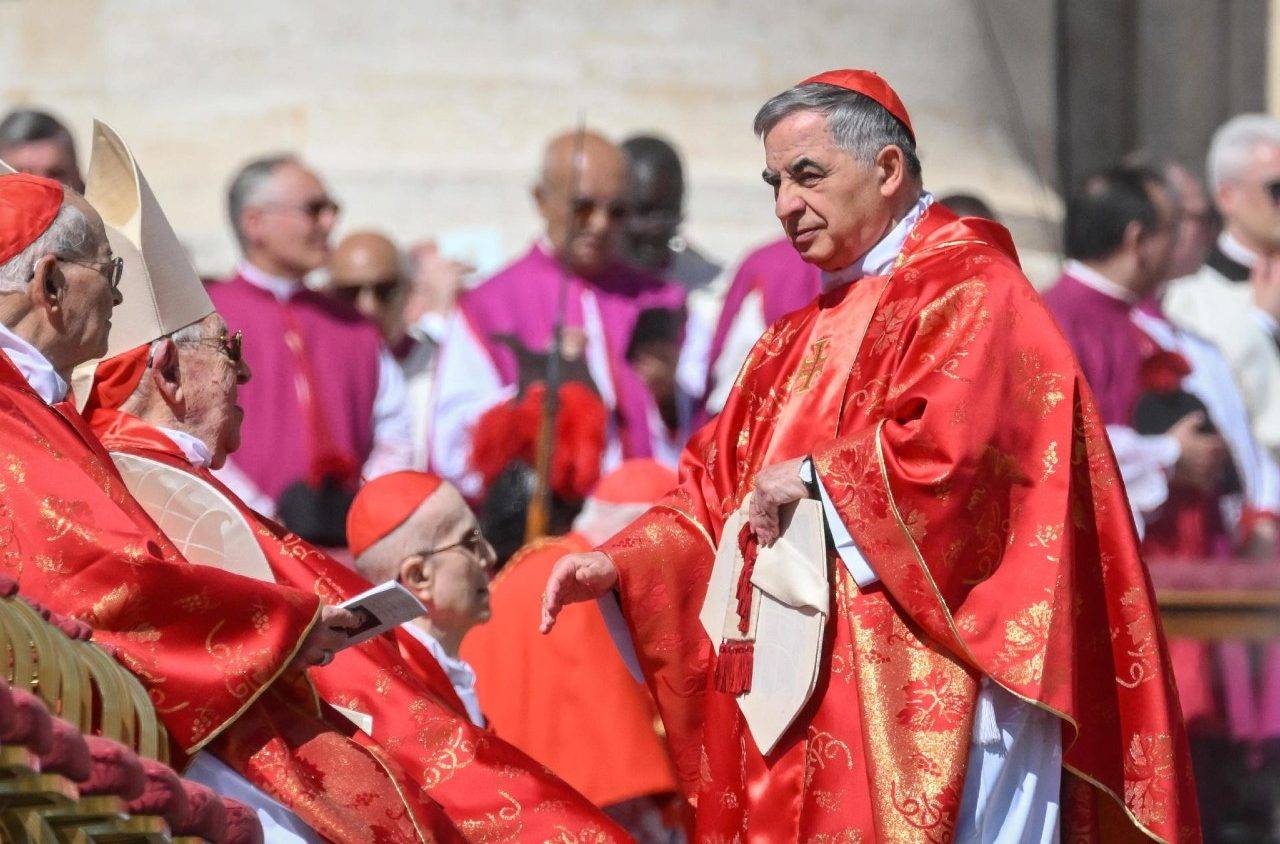One way of framing Pope Francis’s peace-building visit to Colombia is that he is there not to build the consensus for a controversial peace agreement, so much as to teach people how to live in peace.
That’s a much harder, long-term task, especially in the wake of a decades-long conflict where deep-seated grievances fester long after the bodies have been buried and the guns fall silent.
That peace has been agreed: FARC (the Revolutionary Armed Forces of Colombia) has handed over its weapons, and the ELN (the National Liberation Army) has consented to do so. But its terms remain controversial: turnout for a referendum last year — which failed to deliver a “yes” to the accord — was less than 40 per cent. It only survived at all because the ceasefire held while a new patched-up accord limped through Colombia’s fractured legislature, pleasing almost no one.
RELATED: ‘Hate leads to heat, death to death, Pope Francis tells Colombia’
But that’s politics, which is always a cauldron of clashing interests and views. The question for Colombia is how the disagreements over the accord will play out, whether they will be contained and produce fruit, or whether they will splinter and polarize. And if the second: whether, in a society already accustomed to violence, that means reaching again for the weapons.
When I spoke last year to Bogotá’s cardinal archbishop, Rubén Salazar, on the eve of that plebiscite on the peace accord, it was clear why he wanted Pope Francis to come.
Whatever the outcome — and the bishops themselves disagreed over the accord itself— he said Colombia had resolved to go on the path of peace. The “absolute independence and extraordinary authority” of Francis, he told me, were key to Colombia staying on that path. He would come, he said, “to give us key elements so that we can begin to build a different country — a country in which all of us fit.”
Standing by the searing image of the Christ of Bojayá — the shot-up remains of the crucifix in the church where the FARC massacred dozens of people in 1982 — Pope Francis sought to do precisely that yesterday, giving five key messages that are not just his wisdom, but the fruit of the Church’s decades of peace-making on the Colombian front-lines.
Taken together, they add up to the pope’s five-point plan for lasting peace — and not just in Colombia.
1. Acknowledge the wounds
Society cannot move ahead unless it accepts that the violence has scarred the whole society. Most Colombians have been affected, directly or indirectly, by the violence, even if they haven’t shot a gun or taken a bullet; but more importantly, society as a whole has been wounded.
In starting by referring to Colombia as “a land watered by the blood of of thousands of victims” with “wounds that are hard to heal and hurt us all” because “every violent death diminishes us as a people,” Francis was inviting a crucial acknowledgement, with an obvious corollary: We have all been affected; we must all find a way out.
2. See the wounds as redemptive
Pointing to the Cross of Bojayá, Francis next invites people to see Christ in those wounds. Like that cross, Christ is both in the suffering, and is also a victim of it. God is not outside Colombia’s dark night.
“He came to suffer for his people and with his people,” Francis says, in order to show that hatred does not have the last word and that love is stronger than death. “He teaches us to transform pain into a source of life and resurrection so that with him, we may learn the power of forgiveness, the grandeur of love.”
The wounds should not be forgotten or buried; they can and must be redeemed, in order to heal and bring new life, and break the cycle of hate. In recognizing and healing others’ wounds, we live again.
Francis congratulates Luz Dary for helping to rebuild the dignity of other victims, and notes how this going-out-of-herself has enriched her life, and brought peace and serenity. Luz Dary’s response to the legacy of the conflict is the model for Colombia’s future.
3. True justice depends less on reparation than conversion
One of the sticking points in Colombia, as with any peace agreement, is the question of reparation for injustices. No reparation can ever be enough; when the price is too high, it becomes vengeance and the cycle repeats. Yet it offends natural justice to see people who perpetrate terrible crimes appear to be rewarded.
In responding to Deisy and Juan Carlos, Francis is reframing the whole question of justice as not a matter of restitution —if that were ever possible — but of conversion. The first step towards conversion is to accept that it is possible.
“There is also hope for those who did wrong,” Francis says. “That’s what Christ came for. All is not lost.”
What justice requires, says Francis, is that “perpetrators of wrongdoing undergo moral and spiritual renewal.” He does not get into the question of prison sentences, fines or symbolic acts of restitution, which are contested matters in the peace accord, but highlights what really matters for lasting peace: personal transformation.
This is, of course, what the peace process has been about — guerrillas and paramilitaries and army officers making public confessions and acts of restitution. One of the most noteworthy was precisely that of the main perpetrator of the Bojayá massacre, known curiously as ‘Pastor Alape,’ who in September 2015 went back to the village to plead for forgiveness.
4. Believe in the possibility of conversion, even when it’s not evident
Yet however much former guerrillas and paramilitaries confess their wrongdoings and ask forgiveness, there remains a strong suspicion that they are doing it to save their skins or to gain political advantage.
Francis frankly acknowledges this, identifying with the skepticism of millions of Colombians who voted against the accord.
They would have been nodding furiously when he said: “It can be difficult to believe that change is possible for those who appealed to a ruthless violence in order to promote their own agenda, protect their illegal affairs so they could gain wealth or claim – dishonestly — that they were defending the lives of their brothers and sisters.”
The difficult fact is that people change only gradually and imperfectly. One of the Colombian church’s leading peacemakers, Father Dario Echeverri, described to me last year the conversions he had witnessed in the participants in the Havana talks. At first, he said, they saw themselves as victims of the other, refusing to acknowledge wrongdoing, but gradually their eyes were opened by testimonies to what they had done.
To move to handing over their weapons, as they did in June, required significant internal change. And yet, as the Jesuit Father Francisco de Roux — another of the peacemakers on Colombia’s frontlines — told me, “we’re talking about changes in human beings here. It’s not as if they become saints the next day. It’s like when you’re a priest and a man comes to tell you he’s drinking and cheating on his wife — you realize he’s got good will, but it’s two steps forward and one back. Getting out of there takes time.”
Francis suggests a way of accepting that change will take time for some, using the image of a field in which there is room for weeds. “Care for the wheat,” he says, “and don’t lose peace because of the weeds.” Even when feelings of pain and vengeance remain, keep the door open, so that people who are ready to change can.
But ultimately, don’t throw away the prize of peace because not everyone is yet onboard.
5. No justice and mercy without truth
Finally, says Francis, truth must accompany the process at all stages. Denial is the enemy of reconciliation, because it seeks to minimize the responsibility and pain. Colombia’s civil war is massively complex, enmeshing guerrillas with drug traffickers, paramilitaries with landowners, the army with corrupt politicians. Disentangling these dark webs will take years.
But above all it means recognizing what has been done to the victims. “Truth means telling families torn apart by pain what happened to their missing relatives,” Francis says. “Truth means confessing what happened to minors recruited by violent people. Truth means recognizing the pain of women who are victims of violence and abuse.”
But truth must lead to forgiveness, not retaliation. In the end, that is a matter for the heart and will — which is why it is a religious matter. “Now is the time to heal wounds, to build bridges, to overcome differences,” says Francis. Peace is ultimately a decision that refocusses energies into creating what Francis calls “a genuine culture of fraternal encounter.”
Peace is a choice. The pope is in Colombia to say: now is the favorable time. Seize it.

















